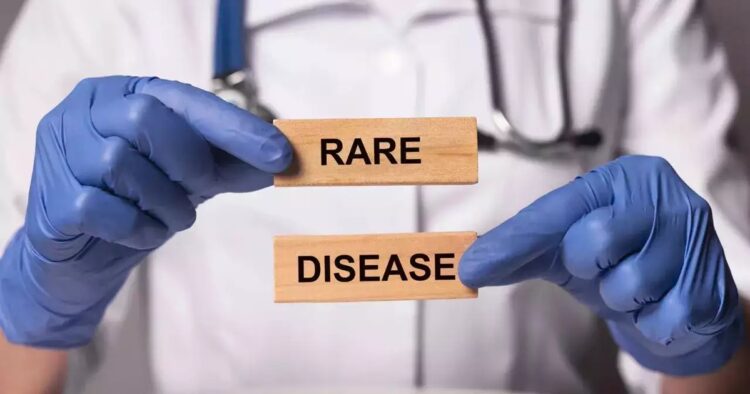Rare diseases, despite their infrequency, wield a significant impact on the lives of millions worldwide. Yet, they often remain hidden from the public eye, lacking the attention they deserve. As the world observes Rare Disease Day on February 29, 2024, it’s imperative to understand the significance of this annual event and the crucial role it plays in raising awareness.
Established in 2008 by EURORDIS, in collaboration with the Council of National Alliances, Rare Disease Day serves as a poignant reminder of the challenges faced by those affected by rare medical conditions. Initially celebrated on February 29 to symbolize the rarity of the date, this day has since been observed annually on the last day of February, garnering participation from across the globe.
The statistics surrounding rare diseases paint a stark picture of their prevalence and impact. According to the National Organisation for Rare Diseases, one in every 10 Americans lives with a rare disease, amounting to over 300 million individuals worldwide. Despite these staggering numbers, individuals and families grappling with rare diseases often find themselves isolated, lacking adequate support and medical resources.
Rare Disease Day aims to bridge this gap by shining a spotlight on these often overlooked conditions. By raising awareness and fostering support, the initiative seeks to empower those navigating the complexities of rare medical journeys. This year’s observance holds particular significance as it falls on February 29, the rarest day of the year, emphasizing the urgency of addressing these lesser-known health challenges.
The importance of Rare Disease Day extends beyond mere acknowledgment; it serves as a catalyst for action and advocacy. Through educational initiatives, community outreach, and policy advocacy, stakeholders strive to amplify the voices of those affected by rare diseases, ensuring their needs are not sidelined in the broader healthcare discourse.
As we commemorate Rare Disease Day 2024, let us recommit ourselves to the cause of inclusivity and compassion. By standing in solidarity with individuals and families affected by rare diseases, we can collectively pave the way for a more equitable and supportive healthcare landscape. Together, let us raise awareness, foster understanding, and ultimately, transform lives.

















Comments